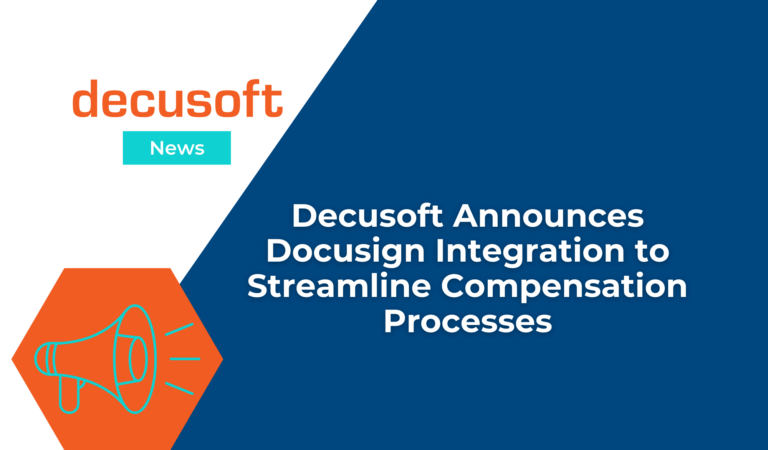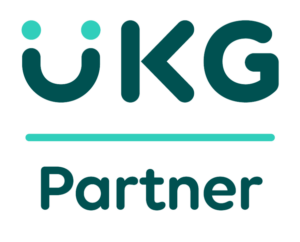We are seeing an increase in the frequency of audits for financial services firms. Historically, you may have had a couple of audits or inspections during the year, but now you are just as likely to be in some form of a continual audit process.
According to Deloitte, “Compensation (labor & wages) is the largest component of an organization’s total labor cost often accounting for up to 70% of the total cost.” So, it is no surprise that compensation often finds itself in the spotlight during audit processes.
As we have talked about repeatedly, manual, and homegrown systems have a higher risk factor for errors and to compound the issue, they usually do not have the proper audit trail or controls in place.
An automated compensation system will cut the number of errors dramatically and simultaneously address the absence of controls. A configured rules engine, hierarchies, detailed audit logs are among the features that can make the audit process (almost) painless.
Audits, inspections, inquiries cannot be avoided and there is no indication that their frequency will decrease. That is why it just makes sense to set yourself up to be better prepared for them which will reduce time and the cost involved in resolving them. Best-of-breed point solutions that help employees and firms stay compliant do exist. They are controlled environments that are also centrally managed by key stakeholders who have access to audit trails.
This topic and more are covered in our recent whitepaper, “How to Best Manage a Complex Variable Compensation Program in the Financial Services Industry“.




